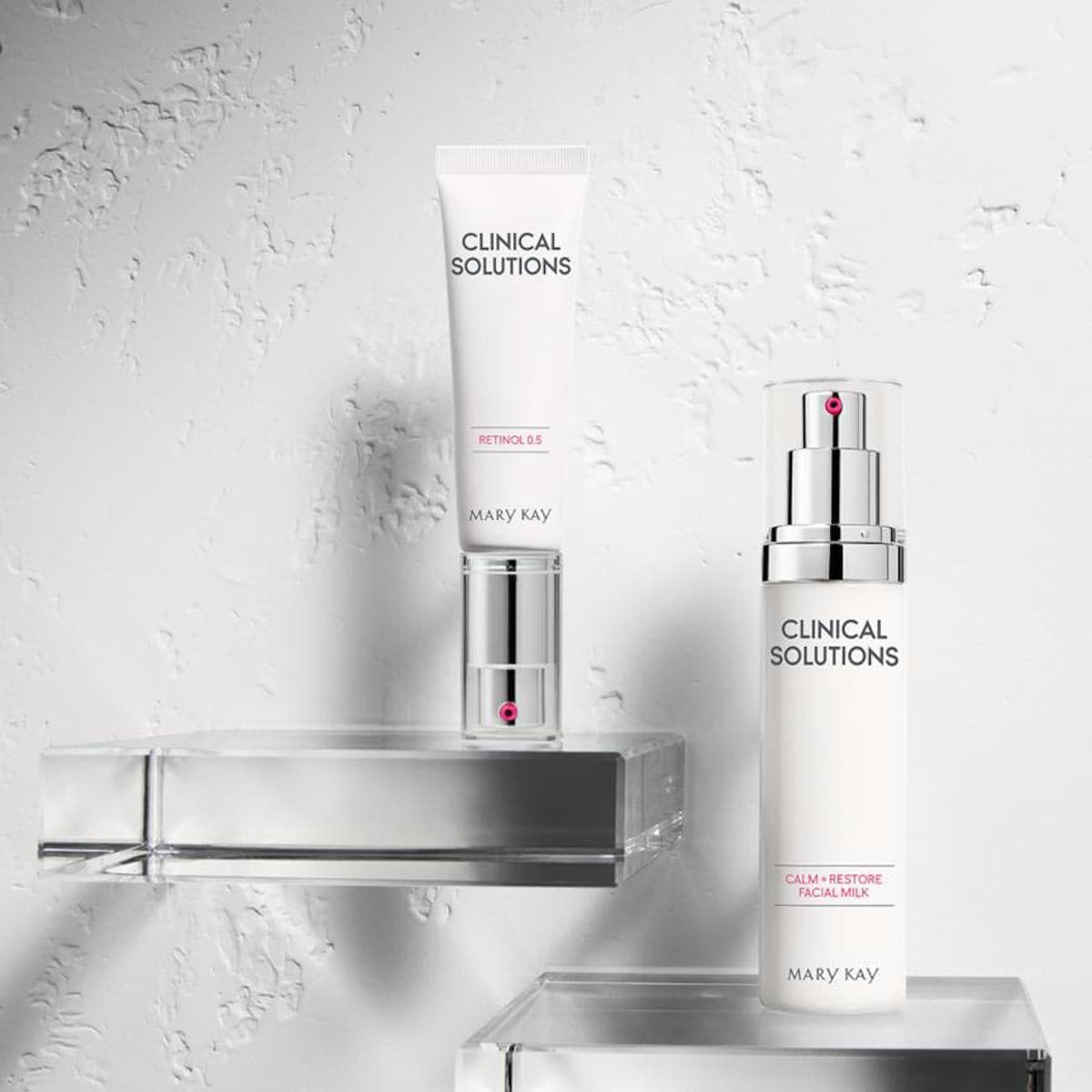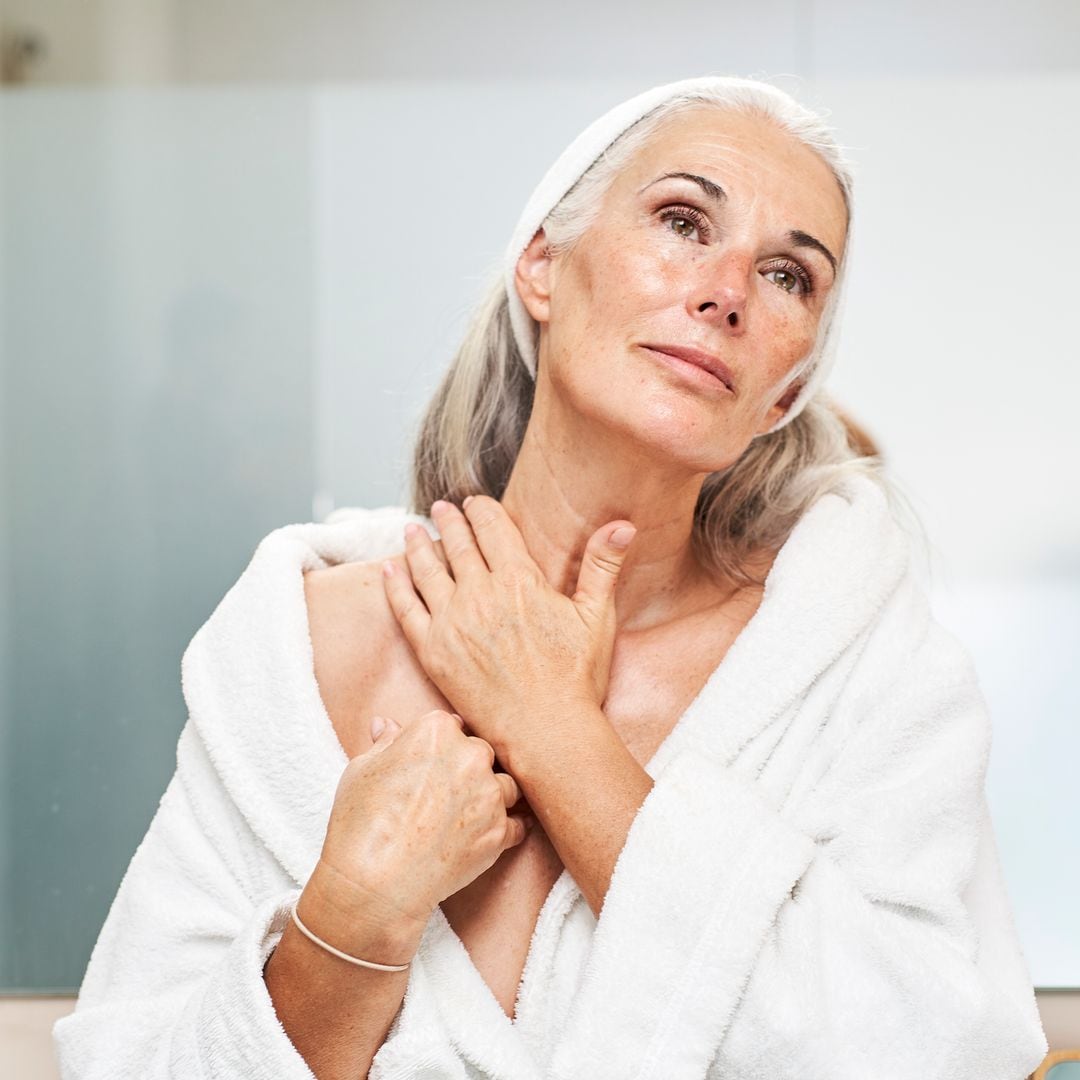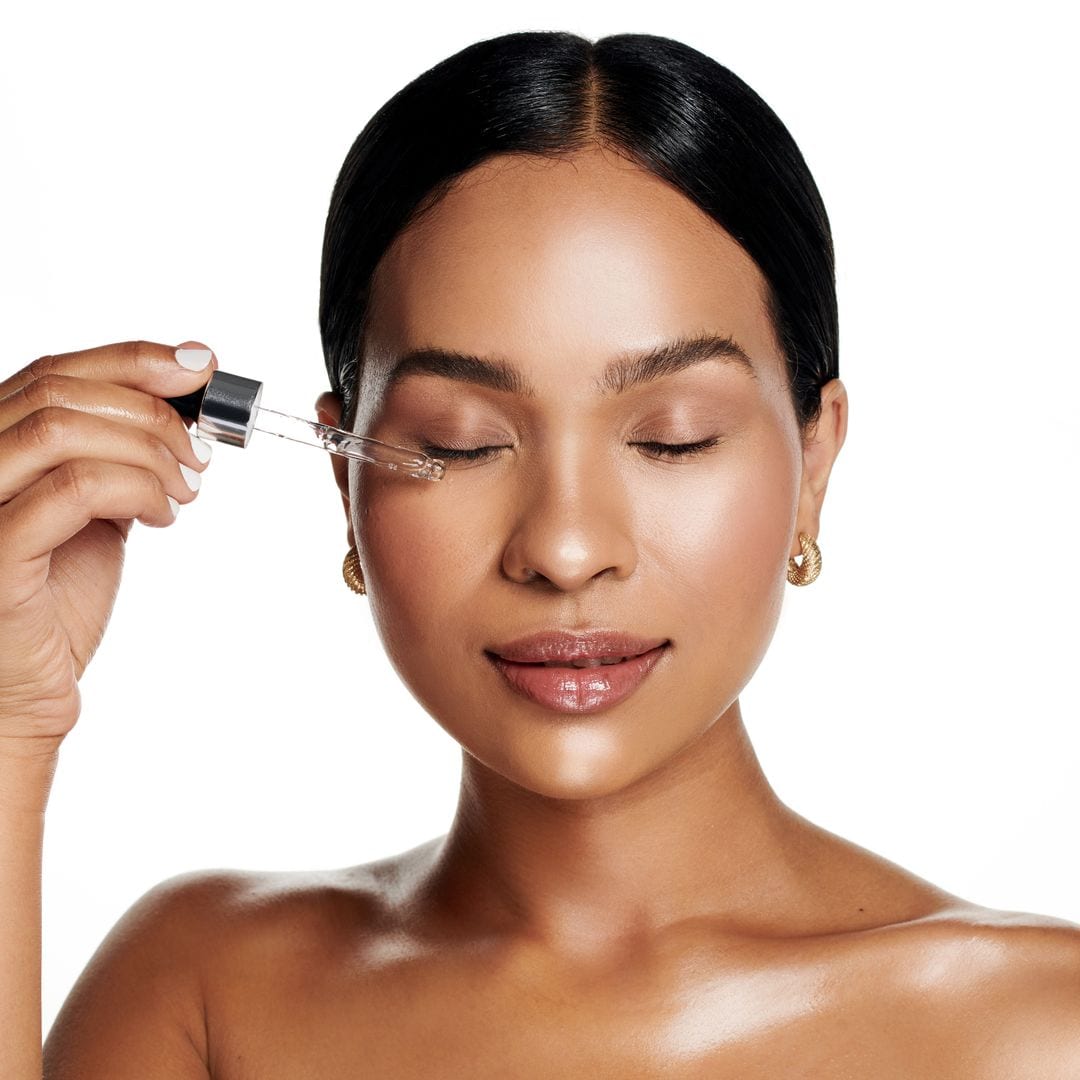Your beauty doesn’t have an expiration date despite what society considers ideal. Although we understand the enormous pressure of fighting the signs of aging, pro-aging should be the ultimate goal.
Our bodies’ needs and capabilities change as we age, and our skin is no exception. A skincare routine in your 40s is just as crucial as your younger years; however, you may find that tried and true strategies become less effective as your 40s progress.
Here are some tips from Dr. Nayan Patel, author and Founder of Auro Skincare, to help keep you aging gracefully:
Understand What Your Skin Needs in the 40s
- Your skin can become less predictable in your 30s; while some patches get oilier, others dry out. By the 40s, skin is usually moving into the much drier territory. The skin’s ability to generate collagen and new cells declines in the 30s, even faster in the 40s. This can lead to a dull, dry complexion. According to dermatologist Doris Day, “Dead skin cells are slower to slough off—and the pileup can contribute to dryness and dull tone and even accentuate existing spots and wrinkles.” Meanwhile, you may start to see the accumulated effects of skin damage from sun exposure, pollution, and other toxins. This appears as increased wrinkling and age spots.
Prevention is Still Critical
- While you can’t go back in time, it’s never too late to protect your skin from further damage. Be sure to wear sunscreen of at least 30 SPF daily and add protective clothing if you’re spending time outside. Pair this with a regular skincare routine: daily cleansing and moisturizing, gentle exfoliation, and hydrating serums to combat dryness.
Keep an Eye Out for Oxidative Stress
- Dry, sagging, or very wrinkled skin can also be a sign of deeper health issues, particularly oxidative stress. Oxidative stress comes from a buildup of free radicals: by-products of normal cell function and our body’s response to damage from injury or disease. While some free radical activity is expected, these volatile molecules can attack and damage cell DNA. Oxidative stress occurs when free radicals overwhelm our natural detox abilities, creating severe health disruptions, including more skin aging signs.
Use Antioxidants to Fight Oxidative Stress and Help Skin
- Antioxidants are essential nutrients that protect our cells by neutralizing free radicals. This prevents oxidative stress and keeps overall inflammation low. Many antioxidants also have tremendous benefits for the skin, such as:
- Vitamin A aka “retinol” or “retinoids”: Stimulates new collagen and skin cells growth.
- Vitamin B3, aka “niacinamide”: Improves overall skin tone and elasticity, diminishes the appearance of wrinkles.
- Vitamin C, aka “ascorbic acid,”: Brightens and evens out skin tone.
Get Plenty of Glutathione: The Master Molecule!
- Glutathione (GSH) is one of the most plentiful substances in the body, and for a good reason. This potent antioxidant not only fights free radicals but also lends electrons to spent antioxidants so they can keep fighting. GSH works throughout the body, carrying out vital tasks like regulating cell function and turnover. Regarding skin, GSH can improve almost anything: repairing old damage, boosting collagen and cell production, reducing redness and wrinkles, brightening hyperpigmentation, and combating problems like acne and psoriasis. While our bodies create GSH using building blocks from food, this ability declines as we age.
- You can boost GSH production through diet, or you can easily add GSH into your skincare routine with a supplement cream or spray.
,type=downsize)






